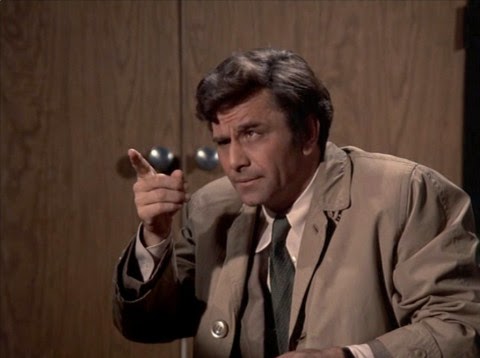Well I finished Bleak House this morning. And then my husband walked in and wanted to know why I was sitting in the corner pulling a Mr. Jellyby.
For a book that's almost 900 pages long and has been monopolizing most of my reading time since January, I am the opposite of relieved that it's over. I understand now why Alice has read it more than once. And if you have the Signet Classic 150th anniversary edition with an afterword by Elizabeth McCracken, I urge you to read those extra few pages. She completely justifies the sorrow that descends on you after you read the last sentence of Esther's narrative.
Reading Bleak House . . . is like spending time at a long and complicated party full of strangers. People are perhaps not at their most natural when you are first introduced, especially during cocktail hour, and when you meet up with a friend between courses and compare notes, you will surprise each other with your assessments. . . . Course by course and hour by hour your opinions about the strangers change. That's the thing about meeting so many people in such a short time: making snap judgments is irresistible; indeed, in their banter and choice of clothing and posture and eye contact, they demand it. They want to impress you. Only later can they win you over, confide in you, break your heart.
It would take far too long to go through every character and explain the ways my relationships with them changed from first introduction to final farewell, but there are very few who didn't surprise me in some way, for better and for worse. Even in a side character as trivial as Guppy, there are so many variations. Essentially, he isn't an admirable character, but he certainly does admirable things. When he's bantering back and forth with Jobling, he's likable. But when he's getting turned down again by Esther (through Jarndyce), it's satisfying to see him humiliated in front of his friend and mother because he had to drop a hint that Esther shouldn't complain about any of his shortcomings since he's willing to marry her despite her face. (This is so beautifully contrasted on the final page, when Woodcourt tells Esther that she is prettier now than ever she was.)
What Dickens did with Ada and Richard was interesting. I can't decide what kind of message he was trying to send with their union, because Ada's behavior makes her an example of both feminine weakness and strength. She married Richard because she thought being his wife would spark a change in him. When that didn't work, she hoped that having a baby would improve their situation.
But her strength even in the midst of these unwise choices is clear. She wasn't blind to the fact that Richard was likely beyond hope. And even though she knew this, she said she would have married him anyway. And then she stuck by him as he faded away and, importantly, did not follow him out of the world. Her life did not end when his did.
Overall, I'm content with where the characters settled, even the ones who ended up in mausoleums. Because while I am not glad Esther had to discover her mother's corpse gripping the rails of the graveyard where her first love lay buried in anonymity, it seemed as though Lady Dedlock was determined to punish herself and wouldn't ever have been convinced that Sir Leicester accepted her as she was. I only wish she could have heard those words from him before she died, even if she didn't let herself believe them. My primary consolation is that Sir Leicester was able to recover somewhat from that whole ordeal. We know from the dismal description of Chesney Wold that he isn't living a fairy tale life, but he is well enough to ride his horse and carry on the adorable feud with Boythorn, and he has the steady companionship of Mr. George.
Esther got the ending she deserved, as the wife of Allen Woodcourt and the mistress of Bleak House (Jarndyce, you tricky devil). This is such an odd situation, because it's wonderful and just super weird at the same time. As lovely as the thought behind it was and how well it turned out in the end, whom a woman is going to marry and where she is going to live really shouldn't be planned for her like a surprise birthday party. And also this, what McCracken said about it in the afterword:
I am brokenhearted by Jarndyce's selflessness at giving Esther to Allen Woodcourt, even as I am constitutionally appalled at the notion that she is his to give.
 |
| Except that he kind of does. |
And, Jarndyce, you cannot say this. This is a creepy thing to say: "I sometimes dreamed when you were very young, of making you my wife one day." No.
One last point before I go: My thirst for justice is not appeased on the matter of one Harold Skimpole. I do not believe that estrangement from Jarndyce and a leisurely death 5 years hence are punishment enough for being the WORST. I will begin saving for a plane ticket to England and a very large carton of eggs.











